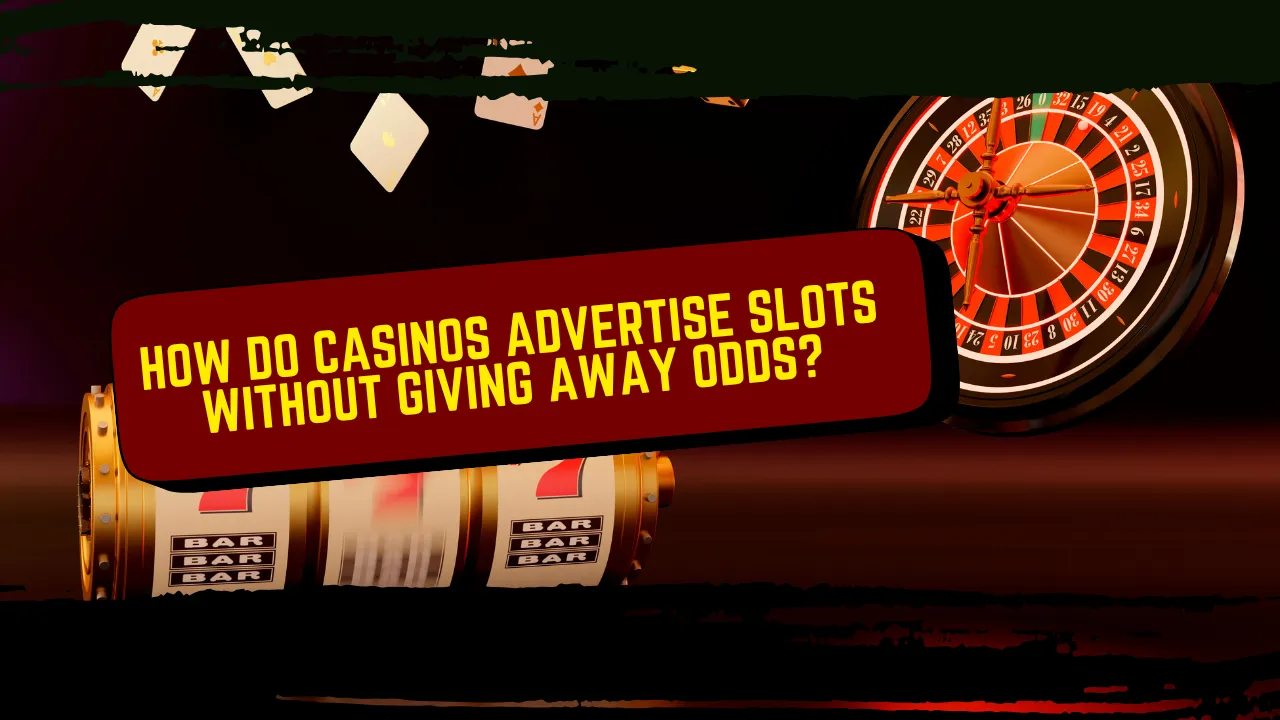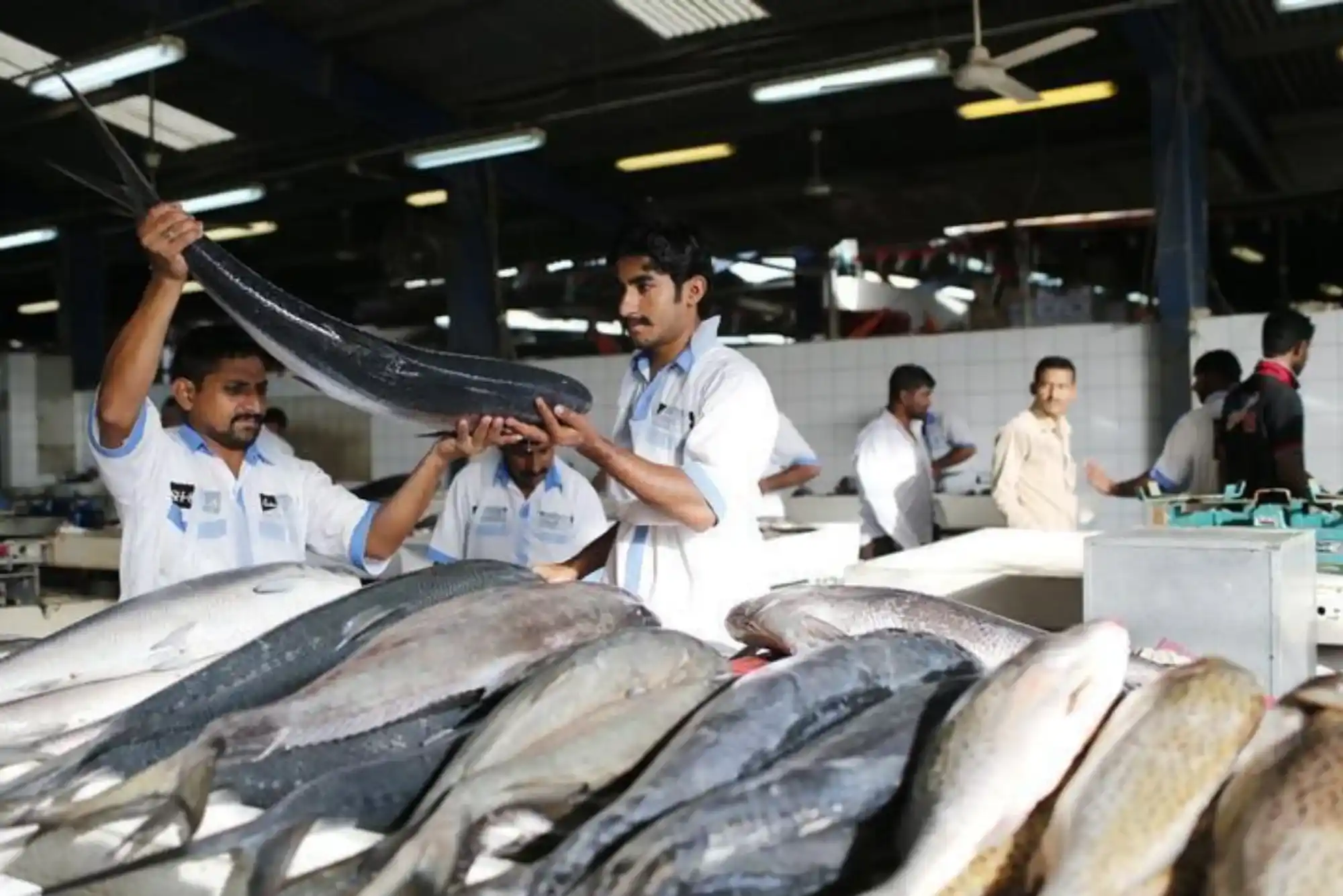Slot machines are among the most profitable and recognizable aspects of any casino, both online and offline. Yet one thing casinos almost never reveal in their marketing is the actual odds of winning. Unlike sports betting, where odds are published transparently, slot odds remain hidden behind flashing lights, clever branding, and enticing bonuses. So how do casinos advertise their slots so effectively without disclosing the real numbers behind the games?
From years of following the gambling industry and speaking with regular players, it’s clear that slot marketing relies less on math and more on psychology, storytelling, and design. To understand how casinos pull this off, we need to unpack their strategies — and also look at the fine line regulators draw between promotion and consumer protection.
The Power of Theme and Experience
When a casino launches a new slot machine, it rarely promotes the statistical return-to-player (RTP) rate or the house edge. Instead, advertising centers on theme, entertainment value, and sensory appeal.
Think about the variety of slot machines you see in a casino or online lobby: Egyptian adventures, blockbuster movies, fantasy quests, retro fruit symbols. The themes are designed to spark curiosity and create emotional resonance. Even the graphics, animations, and soundtracks are carefully chosen to immerse players in a specific world.
This approach works because most players aren’t thinking about probability tables when they sit down to play. They’re drawn in by the promise of excitement, immersion, and a potential big win. The actual odds fade into the background, replaced by the thrill of spinning reels.
Casinos know that people are more likely to remember how a game made them feel than the statistical likelihood of hitting a jackpot. That emotional connection becomes the foundation of their advertising strategy.
Promotions and Bonuses Instead of Probabilities
One of the most common tactics casinos use to market slots is the promise of bonuses, free spins, and loyalty rewards. These are tangible incentives that feel immediate and accessible, even if the odds of a major jackpot remain hidden.
For example, an online casino might advertise “100 free spins on your favorite slot” rather than telling you the RTP of that game. The focus shifts from the mathematical expectation of long-term play to the instant gratification of freebies and bonus credit.
These promotions also work as a buffer. Players often perceive added value in bonuses, which softens the reality that the house edge is always in favor of the casino. In this way, bonuses become a marketing bridge between the excitement of the game and the unspoken reality of the odds.
Why Odds Remain Hidden
There are two main reasons casinos don’t advertise slot odds openly: competition and regulation.
From a competitive standpoint, casinos want to maintain a level playing field. If one operator starts advertising that its slots have a lower RTP than others, it risks losing customers. At the same time, if it advertises higher RTPs, regulators may scrutinize whether those claims are misleading or cherry-picked from specific games.
From a regulatory standpoint, many jurisdictions actually restrict how casinos can communicate about odds. Gambling authorities are concerned that publishing probabilities could mislead players into thinking they have a better chance of winning than they do. As a result, most casinos avoid discussing odds altogether and stick to safer, emotion-driven marketing.
Interestingly, in some countries casinos must disclose RTP figures in game information sections, but these disclosures are usually buried in fine print or hidden in settings menus. They’re rarely the centerpiece of any advertisement.
The Role of Visual Design and Atmosphere
Casinos also rely heavily on the design of both their physical spaces and their online platforms. Slot machines are placed in highly visible areas, often with flashing lights and celebratory sounds that mimic wins, even for smaller payouts.
Online, the digital lobby of a casino often places slots front and center, with eye-catching banners and dynamic animations. The atmosphere is engineered to create a sense of fun, abundance, and potential reward. None of this directly addresses odds, but it shapes player perception in powerful ways.
This sensory strategy works because human brains are wired to respond to cues of excitement and reward. By surrounding players with constant visual and auditory reinforcement, casinos make the idea of winning feel more present and attainable than the hidden statistical odds suggest.
Building Trust Without Numbers
One of the more subtle aspects of slot marketing is the way casinos build trust. Rather than talking about odds, they emphasize fairness, security, and regulation.
Online casinos, for example, often highlight that their games are tested by third-party auditors or certified for randomness. This gives players confidence that the games aren’t “rigged,” even if the odds remain unfavorable. Land-based casinos do something similar by showcasing their reputation, licensing, and long-standing history.
This trust-building works hand in hand with themes and promotions. Even if players don’t know their exact odds, they feel reassured that the experience is fair, safe, and potentially rewarding.
How International Markets Influence Marketing
Different regions have different rules around advertising, and this directly impacts how casinos promote slots. For instance, UK regulations strictly limit how gambling ads can be targeted and what claims can be made. This has led to more subtle, experience-focused promotions in that market.
In contrast, players exploring non uk casinos will often find a more flexible advertising landscape. Outside the UK, marketing campaigns may be bolder, with more emphasis on large jackpots and extravagant bonuses. This difference shows how casinos tailor their strategies not just to psychology, but also to the legal frameworks in which they operate.
Responsible Gambling Messaging
A growing trend in casino marketing is the inclusion of responsible gambling messaging. While this may seem counterintuitive, it actually strengthens the credibility of operators. By reminding players to set limits or gamble responsibly, casinos create the impression that they care about player wellbeing, even while advertising games that are statistically unfavorable.
This messaging is often a regulatory requirement, but it can also be used strategically to balance excitement with trust. The combination of flashy promotions and responsible gambling reminders helps casinos advertise without overstepping legal or ethical boundaries.
Conclusion: Selling the Dream, Not the Numbers
Casinos don’t need to advertise odds to attract players to their slot machines. Instead, they rely on a combination of themes, bonuses, design, atmosphere, and trust-building to create compelling experiences. The unspoken truth is that the odds will always favor the house, but by focusing on entertainment and emotional appeal, casinos ensure that players continue to engage.
The brilliance of this approach lies in its subtlety. Players aren’t misled about the existence of odds — they’re simply distracted by everything else the casino has to offer. And in the end, it’s the thrill of possibility, not the probability of winning, that keeps people spinning the reels.








